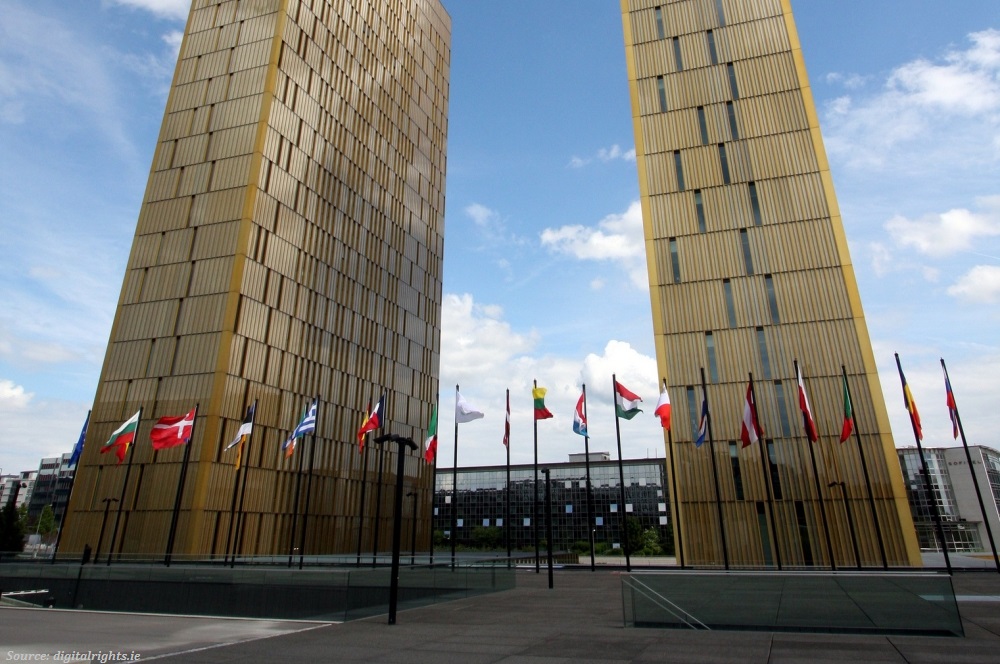On 17 November 2022, the Court of Justice of the EU (CJEU) gave its preliminary ruling (Case C‑230/21) concerning the interpretation of the Family Reunification Directive 2003/86/EC to clarify whether a refugee who is an ‘unaccompanied minor’ and who resides in a Member State must be unmarried under national law to enjoy the right to family reunification with relatives in the direct ascending line.
The CJEU noted that the right to family reunification granted to unaccompanied refugee minors is not subject to a margin of discretion on the part of the Member States as Article 10(3)(a) of the Family Reunification Directive imposes a specific positive obligation to authorise the family reunification of first-degree relatives of the sponsor in the direct ascending line. The Court further clarified that the Directive definition only lays down two conditions, namely that the person concerned is a ‘minor’ and is ‘unaccompanied’, but this definition does not in any way refer to the marital status of the minor.
Furthermore, the Court acknowledged that an unaccompanied refugee minor residing alone in the territory of a State other than the state of origin is in a particularly vulnerable position which justifies the promotion of family reunification with first-degree relatives in the direct ascending line outside the European Union. It was reiterated that Article 10(3)(a) seeks to guarantee additional protection for those refugees who are unaccompanied minors and thus restricting the benefit of the right to family reunification with their first-degree relatives in the direct ascending line only to unmarried unaccompanied refugee minors would run counter to that objective of special protection.
The CJEU further pointed out that the particular vulnerability of minors is not mitigated as a result of marriage; on the contrary, the Court highlighted that the fact that a minor is married may point, specifically in the case of minor girls, to exposure to the serious form of violence that is child marriage and forced marriage. Finally, the Court held that the marital status of an unaccompanied refugee minor may be difficult to establish, particularly in the case of refugees from countries which are unable to issue reliable official documents.
In conclusion, Article 10 (3)(a) must be interpreted as meaning that an unaccompanied refugee minor residing in a Member State does not have to be unmarried in order to acquire the status of sponsor for the purposes of family reunification with the first-degree relatives in the direct ascending line.

